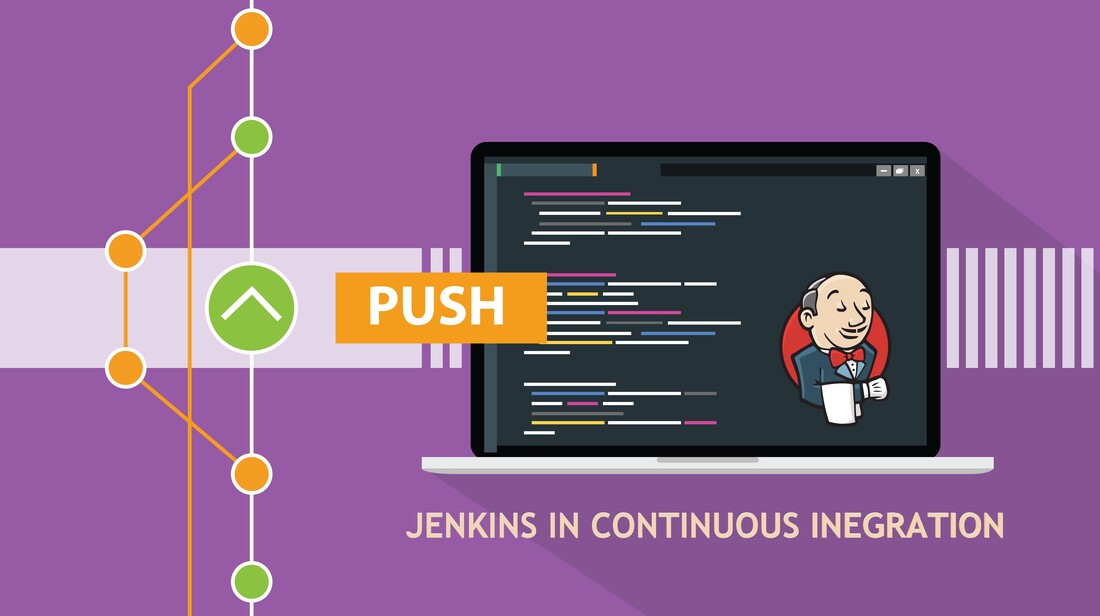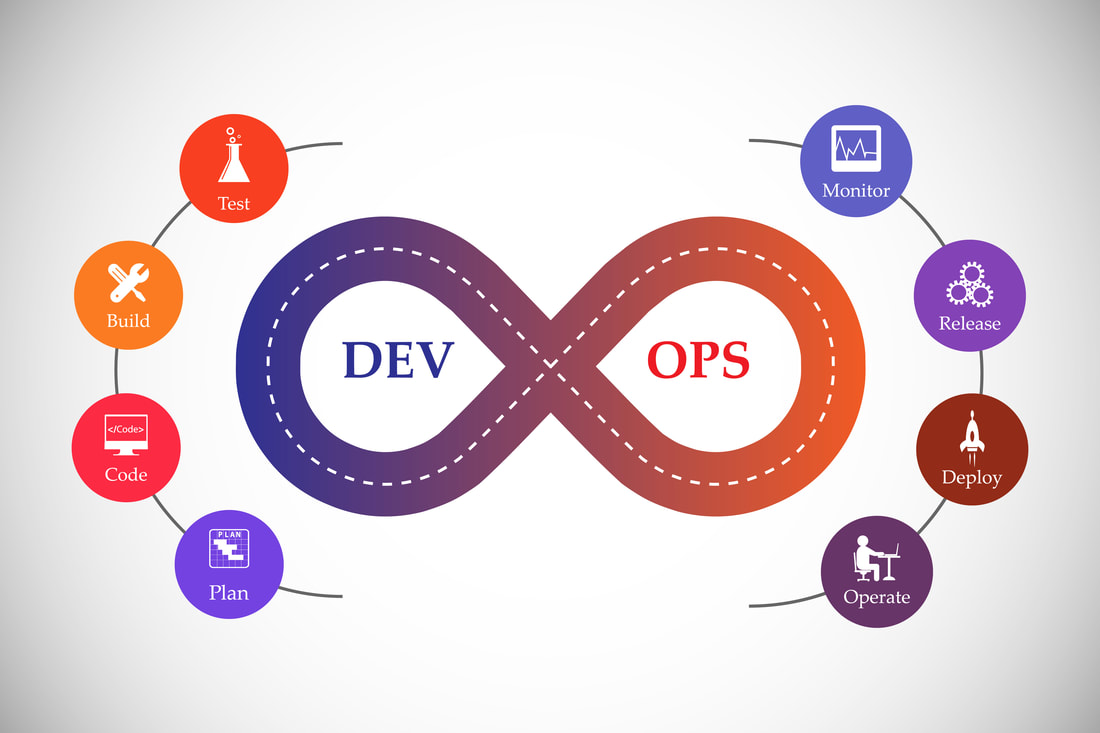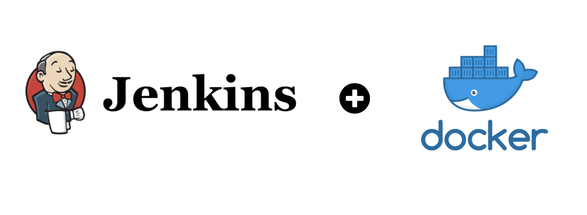|
The implementation of the CI/CD (Continuous Integration/Continuous Deployment) Pipeline is the foundation of the modern DevOps environment. It bridges the gap between development and operations teams by automating the building, testing and deployment of applications. What is a CI/CD pipeline? A CI/CD pipeline lets you automate steps in the software deployment process, such as initiating code builds, performing automated testing, and deploying to a staging or production environment. Automated pipelines eliminate manual errors, provide standardized development feedback loops and allow faster iterations. What is Continuous Integration & Continuous Deployment? Continuous Integration is a programming practice. In this practice, developers commit changes to the source code in the shared repository frequently. For every change in the repository, code is built in environments like stage and dev. This allows the teams to identify the issues early. If required, we can build the previous version of the repository if the current build fails (to avoid the problems in the system). Apart from building, using the Continuous Integration tool, we can deploy the application in the test server, check the quality of code, generate reports on build & test etc. Continuous Delivery (CD) is a method to automate the whole software release process. The aim is to do CI, and then schedule and monitor the release to production automatically. The desired result is that anyone with appropriate privileges to deploy a new release can do so in one or a few clicks at any time. Developers will become more productive with the elimination of repetitive manual tasks. Continuous Deployment is a step up from Continuous Delivery in which any change in the source code is deployed to production automatically, without the prior approval of the developer. The CI/CD service starts from there by running all tests and deploying the code for production while keeping the team informed about the outcome of every major event. What is Jenkins? Jenkins is a self-contained, open-source automation platform written in Java with plugins designed for CI/CD pipeline. Jenkins is used for building and testing the software application continuously. It eases the developer’s work of integrating the code changes to the project so the users can obtain a fresh build. Jenkins also helps in Continuous Delivery of applications by integrating with a wide variety of testing and deployment technologies. Various plugins help Jenkins to achieve Continuous Integration. Plugins allow the Integration of different stages of DevOps. Tools like Git, Maven, JUnit, Sonar and many more provide plugins for Jenkins Integration. Jenkins can be installed on native system packages such as Docker. They even run standalone by any machine with a Java Runtime Environment (JRE) installed. Jenkins mainly integrates SDLC processes of all kinds like build, test, document, deploy, stage, static analysis and much more. Jenkins increases the scale of automation and is rapidly gaining popularity in DevOps circle. Organizations are increasing the speed of software application development with Jenkins automation. What are the major advantages of Jenkins?
Jenkins has gained popularity and demand globally because of its features and advantages. CloudBees is an enterprise-level Jenkins and DevOps tool. CloudBees enables enterprises to build, test and deploy production applications using continuous delivery practices. They concentrate exclusively on Jenkins as a tool for continuous delivery, both on-premise and on the cloud. Applications provided by CloudBees include:
Continuous Integration with Jenkins Let's imagine a scenario where the application's full source code was built and then deployed to the test server. It seems like a perfect way to develop software, but, there are many flaws in this process. Developers have to wait until the full software is developed for test results. There is a high possibility that the test results may show multiple bugs. Developers find it difficult to identify certain bugs as they have to check the application's entire source code. It affects the software delivery process. Continuous feedback on issues such as coding or architectural issues, build failures, test status, and missing uploads for file release as a result of which software quality can drop. The entire process is a manual that raises the risk of frequent failures. From the above-mentioned problems, it is evident that not only the software delivery process became slow, but the software quality might be affected. The customers will be dissatisfied with the output. To avoid these issues, a new development practice came into existence. In this system, developers can continuously trigger a build and test for every commit they did to the source code. This is called Continuous Integration. Now we will learn about the step-by-step procedure of DevOps Jenkins Continuous Integration overcoming the issues stated above.
Docker is a software containerization platform, designed to develop, ship, and run applications easily by using containers. A container is a standard software unit that packages code and all of its dependencies so that the application runs from one computing environment to another quickly and reliably. One of the Jenkins' key features is its support for Docker containers (via the Docker plugin), as it makes it easy to create CI pipelines that rely on specific tools without installing the tools itself in the host. Together with Jenkins, Docker has a substantial impact on the production teams. Everyone knows that Docker streamlines development and significantly simplifies Deployment. Docker, Jenkins and their integrated ecosystem together provide the software infrastructure to co-ordinate agile development. If you are working on a software project, H-Town Technologies provides various services for CI/CD pipeline in DevOps. We provide assistance with highly skilled and experienced technical advisors. We help you to identify the advantages of the latest technologies used for DevOps implementation.
For any related queries, drop us an email at [email protected]
0 Comments
Leave a Reply. |
Tech TalksStay up to date with the tech world and the latest trends in the industry. Archives
August 2021
Categories
All
|
|
H-Town Technologies Inc. is designed to
provide continuous and comprehensive support to all our clients in IT Consulting, Development and Managing their day-to- day business operations in the IT sector. |
|
COPYRIGHT © 2020. H-TOWN TECHNOLOGIES INC. ALL RIGHTS RESERVED.




 RSS Feed
RSS Feed
